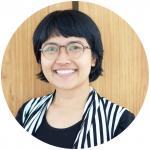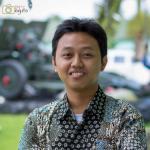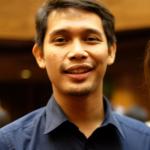Habitat III is shorthand for a major global summit, formally known as the United Nations Conference on Housing and Sustainable Urban Development, which was held recently in Quito, Ecuador, on 17-20 October 2016. IIED realized that Habitat III is a very important opportunity to focus the world’s attention on cities and urban areas. It’s also important to see the launch of the New Urban Agenda which is a global policy document that’s intended to guide urban policy and practice for the next 20 years and fits alongside a lot of other important development agreements.
The New Urban Agenda was officially adopted in Quito, Ecuador, during the last plenary session of the Habitat III conference, and has been enshrined in ‘Quito Declaration on Sustainable Cities and Human Settlements for All’. The agenda provides a 20-year “roadmap” to guide sustainable urban development globally. It is an action-oriented document which will set global standards of achievement in sustainable urban development, rethinking the way we build, manage, and live in cities through drawing together cooperation with committed partners, relevant stakeholders, and urban actors at all levels of government as well as the private sector.
This New Urban Agenda is understood to be a global effort towards making cities and human settlements more inclusive since it is stated that cities and human settlements must be for everyone, ensuring cities for all, which is referred as ‘the right to the city’ in some contexts.
IIED attended the conference and captured several insights from them and partners. As learned from their takeaways, Habitat III is well-timed because of the rush of people to cities and towns with a lack of basic services. In order to achieve the agreed agenda, political commitment and sufficient resources are sorely needed to support many actors to actually make an impact for the next 20 years. Civil society organizations, city governments, and municipal authorities have the capacity to drive grassroots upgrading processes and play a meaningful role in implementing the new urban agenda. Moreover, the process of urbanization development and upgrading needs to be an inclusive process involving local community groups and other actors at many levels.
Please take a look at this video playlist showing a series of interviews with IIED researchers and partners during Habitat III, the United Nations Conference on Housing and Sustainable Urban Development from 17-20 October in Quito, Ecuador.
IIED at Habitat III: Interview with Anna Walnycki
IIED at Habitat III: Interview with Peter Kasaija
IIED at Habitat III: Interview with Abu Haruna
IIED at Habitat III: Interview with Sarah Nandudu
IIED at Habitat III: Preview, with David Dodman




